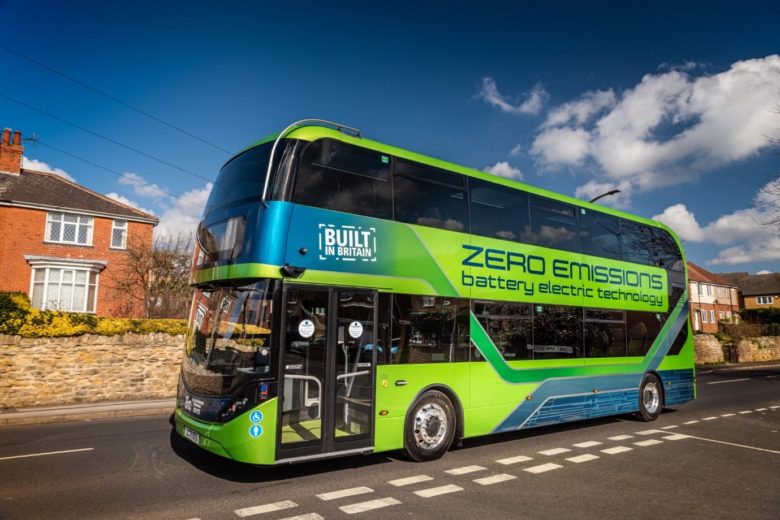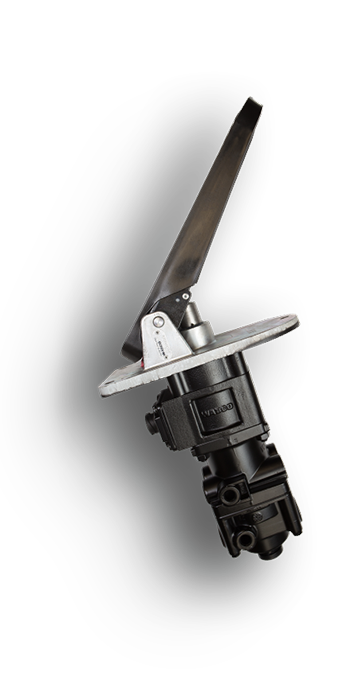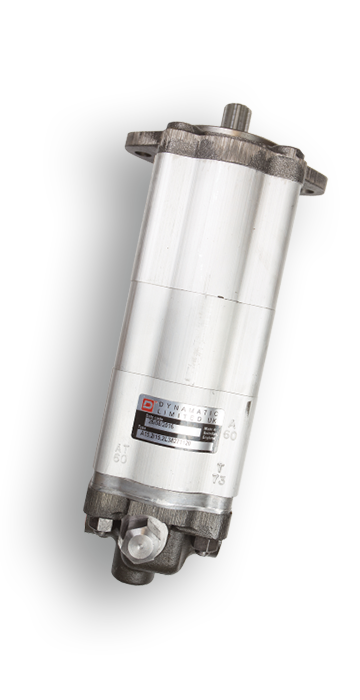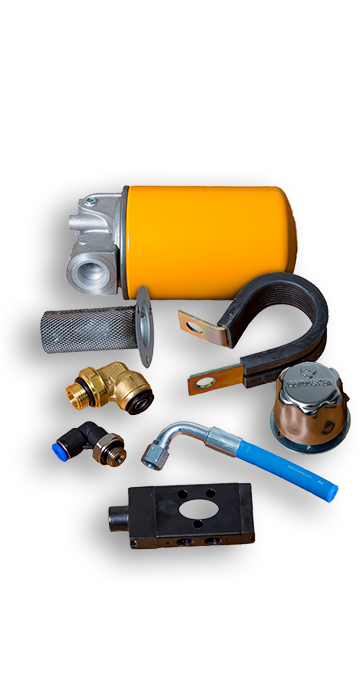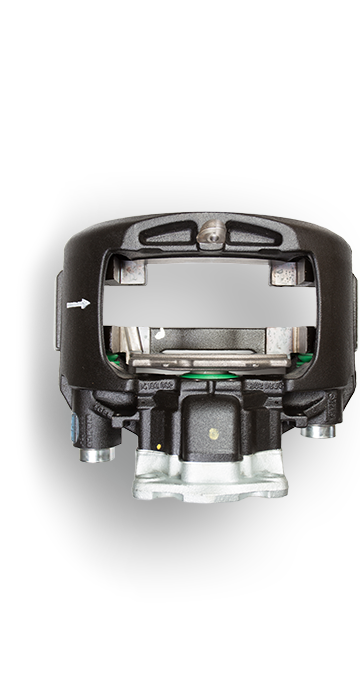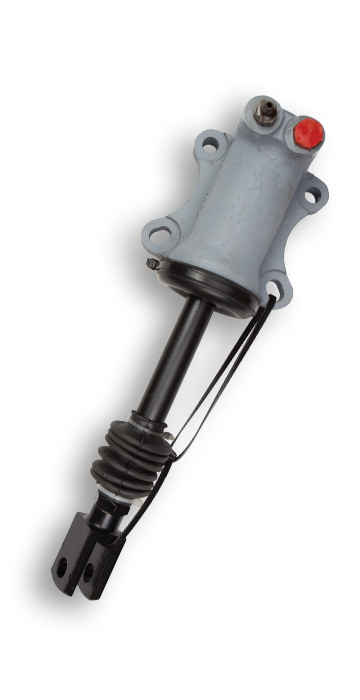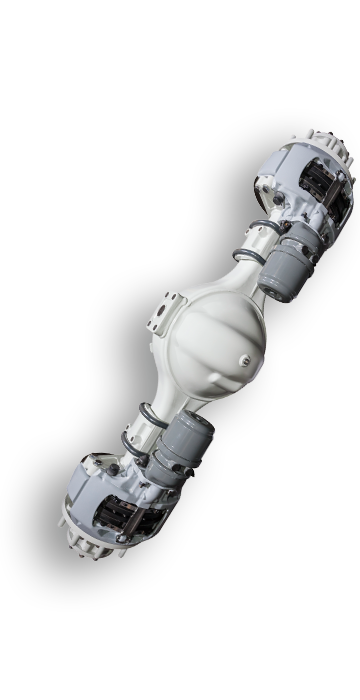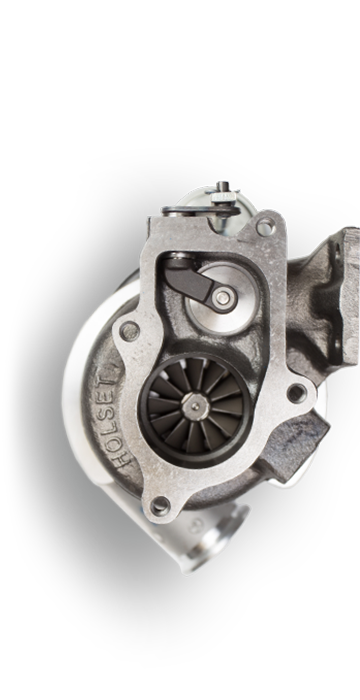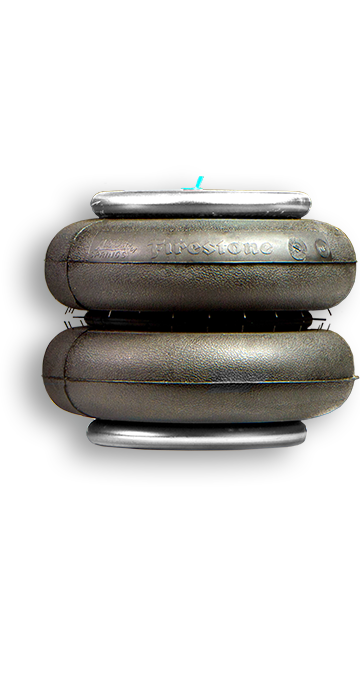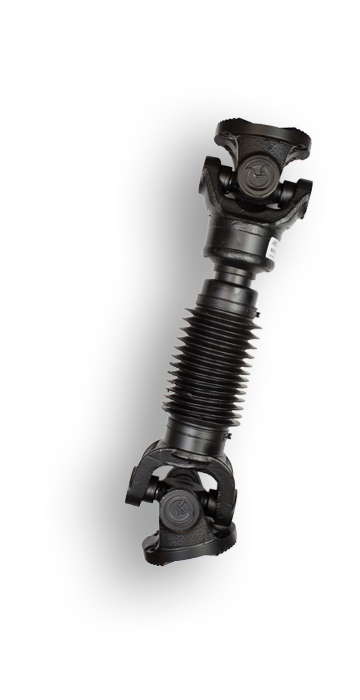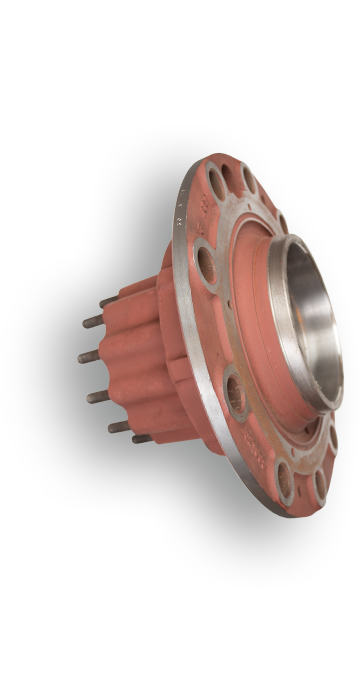£129 million to help fund more zero emission buses
The Transport Secretary has announced further funding of up to £129 million to help local transport authorities introduce hundreds more zero-emission buses.
In more remote areas, where building the required infrastructure is more expensive, the Government has prioritised the first £25 million in support of improving bus services for rural communities.
The Zero Emission Bus Regional Areas (ZEBRA) 2 scheme is now open for bids from all local authorities in England (outside London), with applications to be prioritised from those that did not receive funding in the previous funding rounds.
The Government has also announced the launch of a new research hub, backed by £10 million in funding from the Department for Transport, National Highways, HS2 Ltd, Network Rail and UK Research and Innovation (UKRI). A select number of universities, including Newcastle, Heriot-Watt, Cambridge and Glasgow have been awarded the funding, in order to establish the Net Zero Transport for a Resilient Future Hub, where they will develop innovative ideas to ensure future transport infrastructure is low-carbon and resilient.
Transport Secretary Mark Harper said: “Funding for more zero-emission buses will help decarbonise public transport and grow the economy by keeping our communities connected. We have already reached our initial target of funding at least 4,000 zero-emission buses and this additional funding will improve journeys for even more passengers, reaching those in the most remote areas.
“The UK is also cementing its position as a world leader in net zero tech with this new investment into climate resilience. Our Net Zero transport hub will be a centre of academic excellence, helping us keep our transport network resilient into the future.”
The Confederation of Passenger Transport welcomed the move. Director of Policy, Alison Edwards said: “We welcome the Government’s announcement of further funding for zero-emission buses, which have a huge role to play in helping the UK meet its decarbonisation goals.
“We are pleased that the prioritisation of rural bus services in the bidding process recognises the challenges facing these operators. To help tackle these, CPT has established a Rural Zero Emission Bus Taskforce, which will seek to identify practical solutions that are required for rural areas.”
John Dwight, Sales Director of Harlow-based Imperial Engineering, which supports bus and coach operators across the UK with OE parts, commented:
“The Government’s recognition of the importance of the bus sector to the UK economy but also the infrastructure needed by more rural communities is to be welcomed. This investment will also help encourage passengers to switch to public transport as they see the advances being made towards zero emission travel. As a major distributor of OE and remanufactured parts for bus and coach operators of all sizes, Imperial Engineering continues to support customers in a tough economic climate.”
